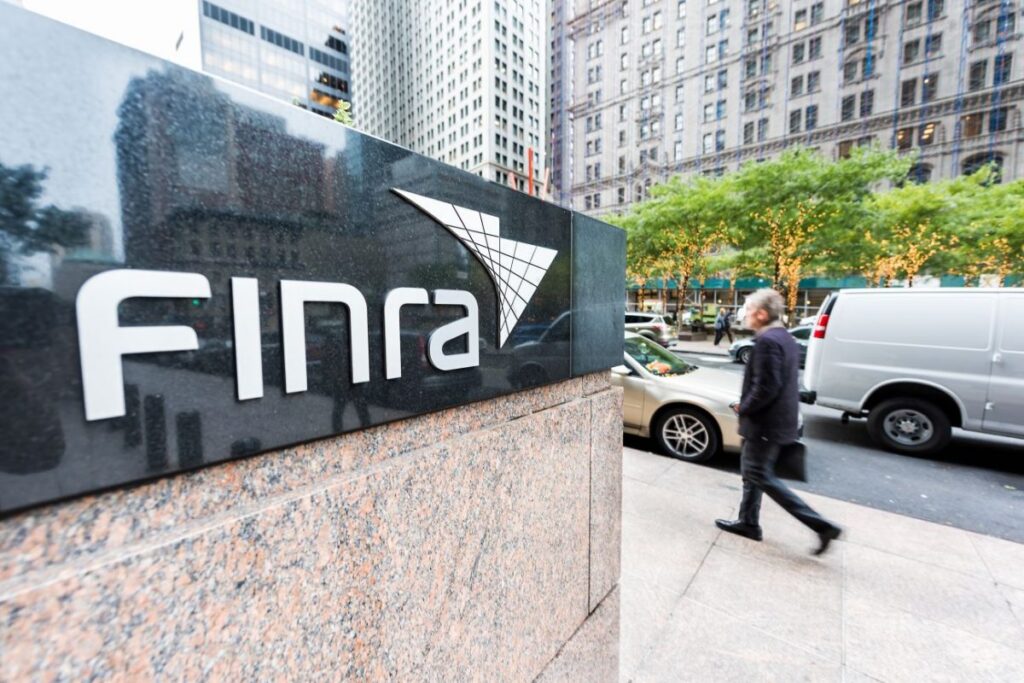A recent FINRA examination has revealed a concerning 70% potential rate of violation of its retail communication regulations within the realm of crypto assets.
This startling revelation underscores the critical importance of firms adhering rigorously to regulatory guidelines as they navigate the intricate landscape of cryptocurrency.
During FINRA’s targeted examination, they meticulously scrutinized over 500 retail communications related to crypto assets.
Alarmingly, approximately 70% of these communications displayed potential violations of FINRA Rule 2210.
These violations encompassed a range of issues, such as failing to distinguish between crypto assets offered by affiliate companies and those provided by crypto-specific entities, disseminating false information about the functions of crypto assets, and presenting misleading comparisons between crypto assets and traditional assets.
These findings serve as a stark warning for firms engaged in crypto-related communications.
In response to these findings, firms have been strongly advised to thoroughly review the accuracy of their retail communications that pertain to crypto assets.
FINRA stresses the utmost importance of clarity, especially when promoting products and services, as any misleading implications can result in misunderstandings among investors.
Amy Sochard, the Vice President of the Advertising Regulation Department at FINRA, emphasized the evolving nature of the crypto asset market over the past decade, with expanding product offerings and increased participation from retail investors.
She stated, “Our update on the targeted exam poses questions for firms to consider as they review and supervise their retail communications concerning crypto assets.”
She further highlighted that any findings of substantial potential violations would be assessed for further review and follow-up, potentially involving FINRA’s Enforcement Department.
Furthermore, FINRA’s annual regulatory oversight report for 2024 has emphasized several key priorities, including cybersecurity, cryptocurrency, and communication standards.
This report reflects a growing focus on emerging regulatory concerns, encompassing areas such as cryptocurrency, the impact of AI on regulatory obligations, and the supervision of off-channel communications.
Notably, the report underscores the critical role of compliance in ensuring cybersecurity, referencing SEC regulations that mandate the safeguarding of customer information, business continuity, and incident reporting.
Public companies are also required to disclose cybersecurity incidents in accordance with these rules.
To assist firms in bolstering their cybersecurity measures, the report provides a comprehensive cybersecurity checklist, highlighting crucial aspects such as technology management, vendor oversight, change management, system availability, data protection, and incident handling.
